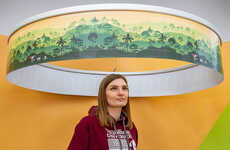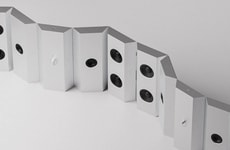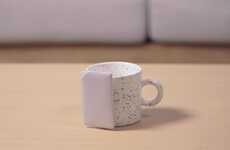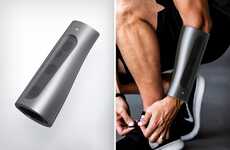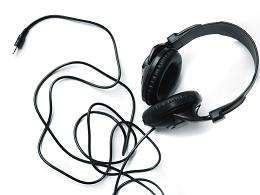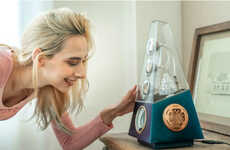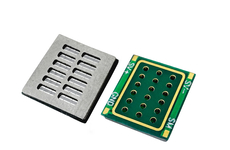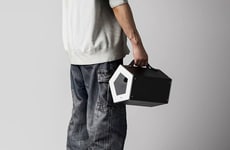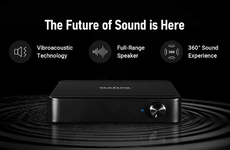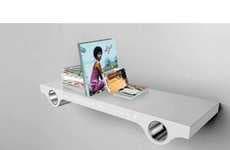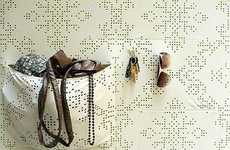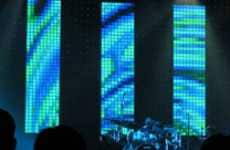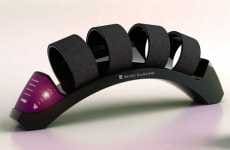
Flexible Piezoelectric
References: newscientist
Piezoelectric materials (crystals like quartz) can be used inside microphones and speakers in order to convert incoming electricity to sound, but they are brittle and bulky. Material scientist, Michael Yu, at Johns Hopkins University in Baltimore has found and patented a way to make piezoelectric devices such that they are now so lightweight and flexible, they can be put into small devices - even wallpaper or folding speakers.
The invention is a rubbery, plastic-based material which is in turn based on a 2004 discovery of a polypropylene foam with piezoelectric properties. This is the first time a piezoelectric material can be flexible without losing its key characteristics.
The invention is a rubbery, plastic-based material which is in turn based on a 2004 discovery of a polypropylene foam with piezoelectric properties. This is the first time a piezoelectric material can be flexible without losing its key characteristics.
Trend Themes
1. Flexible Piezoelectric Materials - Increased usage of piezoelectric materials in small and flexible electronics.
2. Lightweight Speakers - Development of extremely lightweight and foldable speakers.
3. Wallpaper Technology - Integration of technology into wallpaper and other interior design elements.
Industry Implications
1. Consumer Electronics - Incorporating flexible piezoelectric materials into wearable technology and smart home devices.
2. Interior Design - Utilizing the technology in wallpaper to integrate sound into rooms without the need for visible speakers.
3. Materials Science - Research into new, flexible materials with piezoelectric properties for use in a variety of industries.
2.2
Score
Popularity
Activity
Freshness


